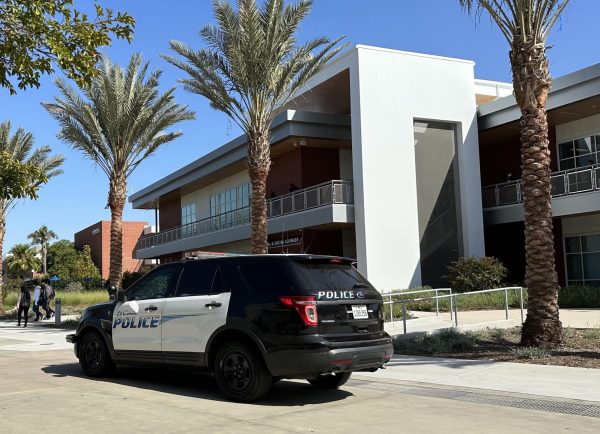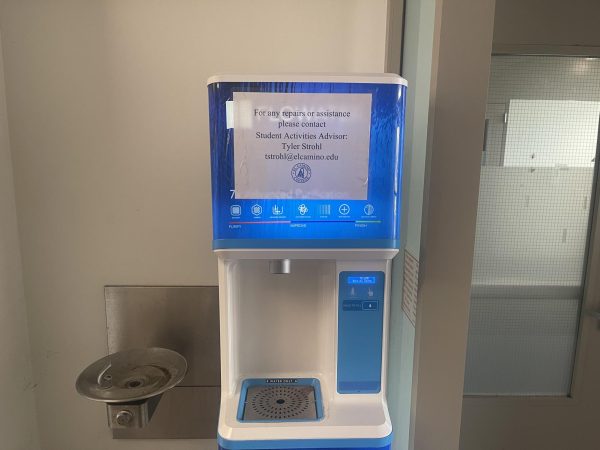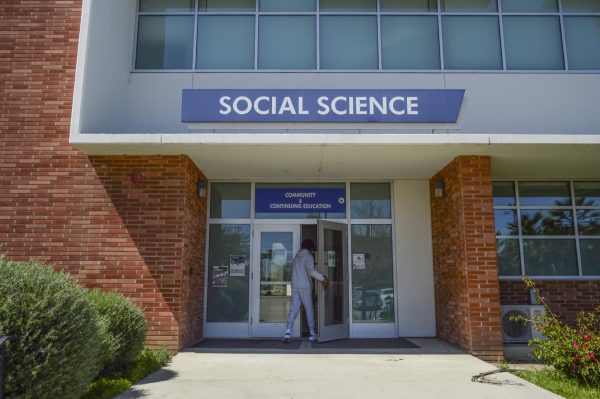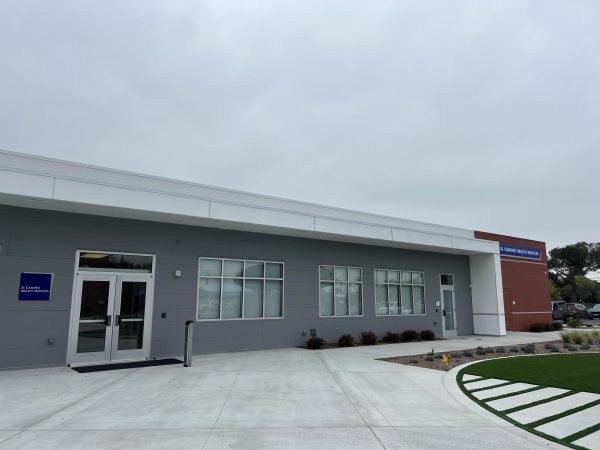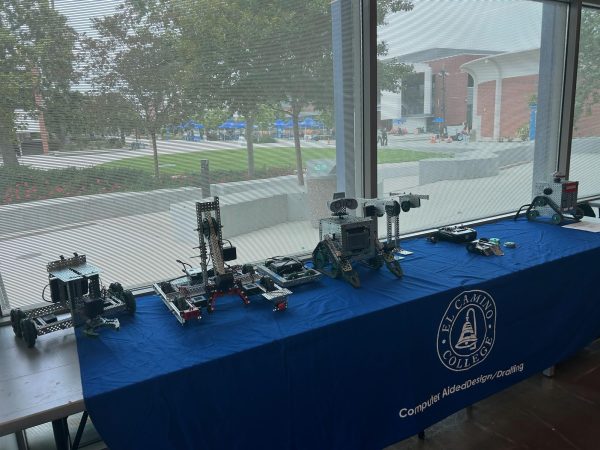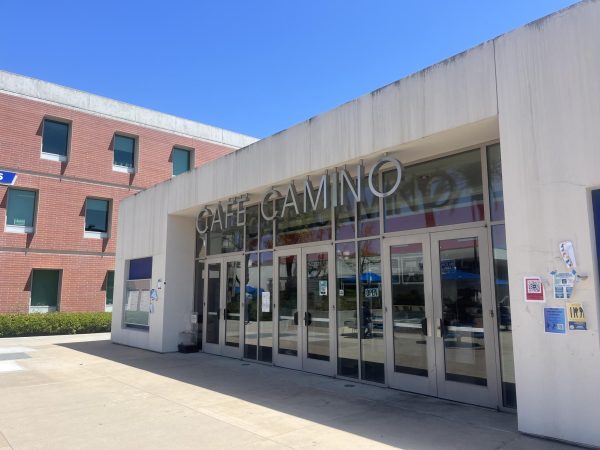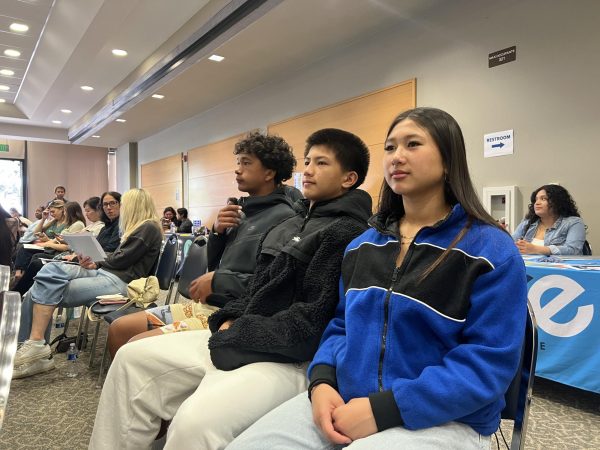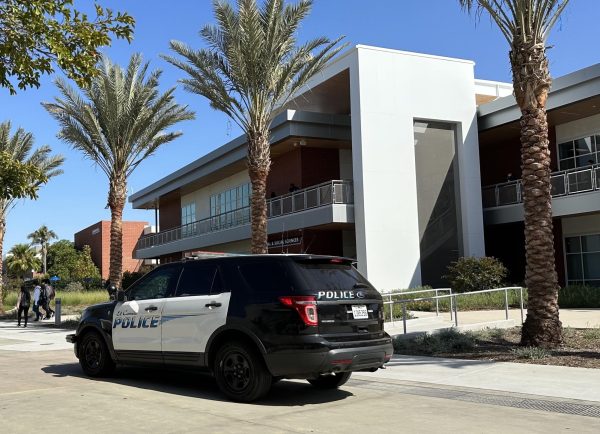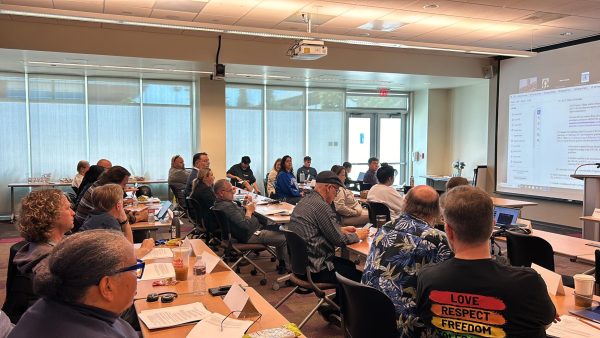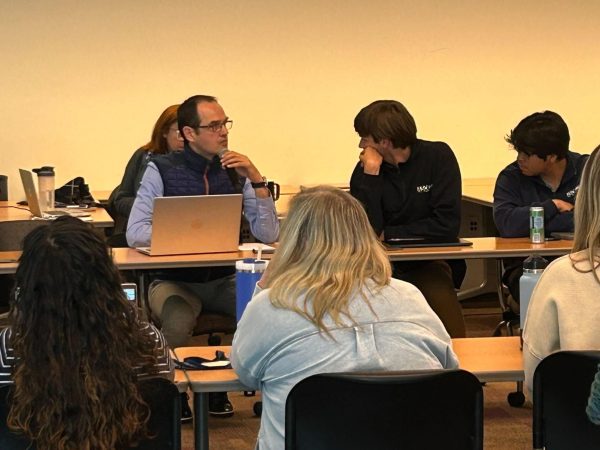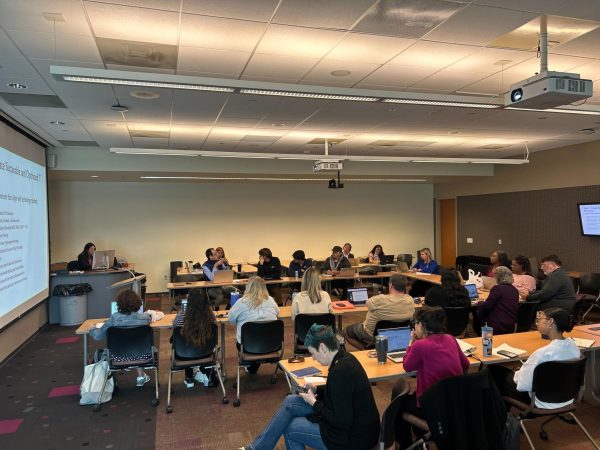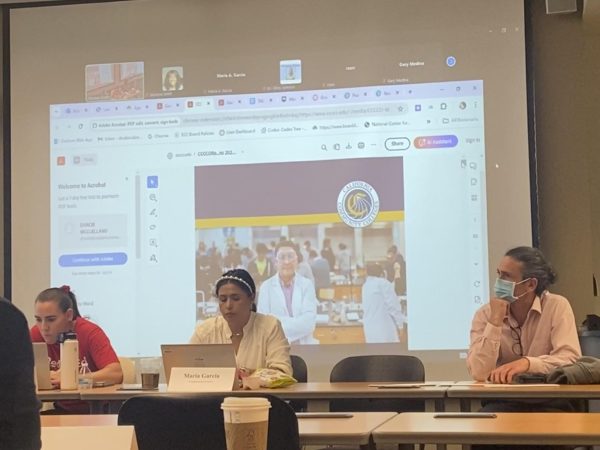Majority of equity goals not met in 2019-2022 Student Equity Plan
While a higher percentage of students are completing transfer level math and English within their first year, El Camino College has not met its goal for increase of students succeeding in enrollment, retention, degree achievement and transfer.
The outcomes were highlighted during the Feb. 22 Board of Trustee meeting by Director of the Student Equity Program Nayeli Oliva.
In the Student Equity Plan Outcomes for 2019-2022 presentation, it was revealed that a majority of the goals of student equity for disproportionately impacted groups were not met during the three-year time period.
For some student groups, their baseline goals, such as successful enrollment, were not at the same percentage as the baseline for all El Camino College students.
“I do want to emphasize Black and African American females. We weren’t even at the baseline of 46%, so there already was an existing gap. The goal was 47% and right now we are at 39%,” Oliva said.
Missed goals continued to be a focus for the presentation, yet some of the information was not totally accurate, as some data for goals such as completion of math and English within a student’s first year, was not available.
“When you look at 2017 database for foster youth, first [generation students], LGBT, we don’t have a lot of data for those populations because we were not collecting the data, the data was not provided, not just by us, but by the state,” Oliva said.
While information, such as 20% of first generation male students completing math and English in their first year, was missing in order to explain why it was an equity success, Oliva said the success could be from programs such as the First Year Experience, a program that helps first time students with their college education.
“I know that we started being more active through FYE, they started doing a lot of activities, so I believe we started tracking first generation because we started asking the right questions, so we started collecting that data,” Oliva said.
After information was presented, Trustee Kenneth Brown voiced displeasure with the overall results of the equity plan, calling it a nightmare.
“I look at slide seven when we talk about the completion rates for transfer math and English. We’re looking at goals that are 8%. Eight. And celebrating, really, first generation males at 20 [%]. The rest is not so good,” Brown said.
With information comes change, as Oliva said that student equity will be changing its model on how to help give budget to the programs that are helping combat student inequity.
“The Student Equity and Achievement Program will shift to an outcome-based budget format, with an emphasis on initiatives that meet goals of equity,” Oliva said.
Miyashiro told The Union News that moving to this system will make programs show planning models and ways of tracking their progress to see the results of their work. Those results will decide if the program will receive continued funding.
“We gave funding up to 60 programs just because they had good ideas. How do we know if they worked or not?” Miyashiro said. “They said, ‘oh well, we contributed to completion.’ How do you know?”
Although budgets will contribute to the continued work of these programs, Oliva told the Board of Trustees that all parts of the college should strive towards student equity.
“Equity is a mindset,” Oliva said. “Equity has to be at the forefront of everything that we [the college] do.”
Editor’s Note: Story updated to give proper writer credits on March 10, 2022 at 1:52 a.m.


